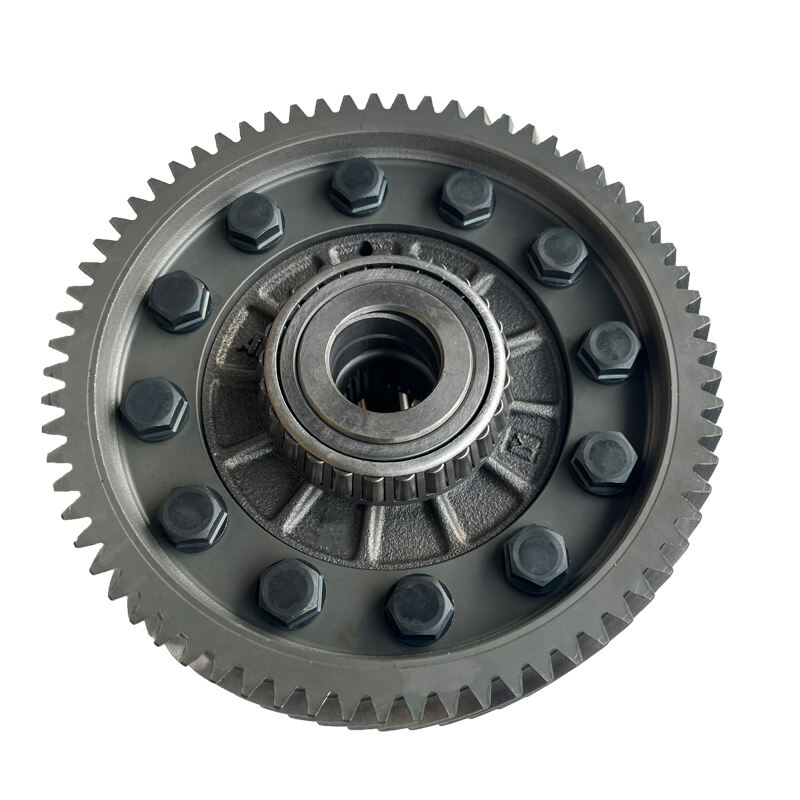Summary: The following article offers brief information about a Stainless Steel Gears leading company which offers different kinds of spur gears.
Gear is one kind of mechanical part. It can be widely use in industries. A gear is a rotating machine part with cut teeth, or cogs, which mesh with another toothed part to transmit torque. The spur gear is an easy gear that consists of a cylinder or disk. It is not straight-side. The edge of each tooth is straight or aligned parallel to the axis of rotation. Only gears fit parallel axles can they rotate together correctly:
Helical gears, Stainless Steel Gears
As the most common kinds, spur gears are often used because they are the simple to design and manufacture. Besides, they are the most efficient. When compared to helical gears, they are more efficient. The efficiency of a gear is the power output of its shaft divide by the input power of its shaft multiplied by 100. Because helical gears have sliding contact between their teeth, they produce axial thrust, producing more heat. As a result, it causes a loss of power, which means efficiency is lost.
Highly resistant to rust
Another common kind is cast iron which is highly resistant to rust. Relatively, this kind of material is cheaper. Besides, it is easy to mold. It is also can be use to make spur gears. The acetal polymer is much stronger than standard steel and can be molde to Precision Spur Gears. This material has many features, such as malleability, strength, and resilience.
Leads to less cost
In addition to these, they also have many other advantages. For example, spur gears have a much simpler construction than helical gears because their teeth are straight rather than angular. Therefore, it is much easier to design and produce them. And they will not fail or break easily. And this makes them cheaper to purchase and maintain, leading to less cost.

Common and efficient
Although they are familiar and efficient, Stainless Steel Gears have disadvantages as well:
- They are very noisy when used at some speeds because the entire face engages simultaneously. Therefore, they’re also know as slow-speed gears.
- They use to transfer power between parallel shafts. They cannot transfer power between non-parallel shafts.
- Compared with other gear types, they are not as strong as them.
They cannot handle as much load because the teeth are small and situated parallel to the gear axis, rather than being large and situated diagonally as the teeth on a helical gear are.
Mechanical Spur Gears
When the main gear is rotate, the teeth on the main gear naturally push any interlocking teeth forward. If Mechanical Spur Gears are on parallel axles, the connected gear may rotate in the opposite direction of the main gear. Each of them continues rotating as the interlocking teeth keep both wheels in motion. Their different sizes can still be connect, which allows the slower movement of a larger gear to be translated to faster movement of the smaller gear.
Head Polishing | Polishing Head | Precision Rack And Pinion | angled gears | Straight Tooth Gears | Large Gears | spiral gear